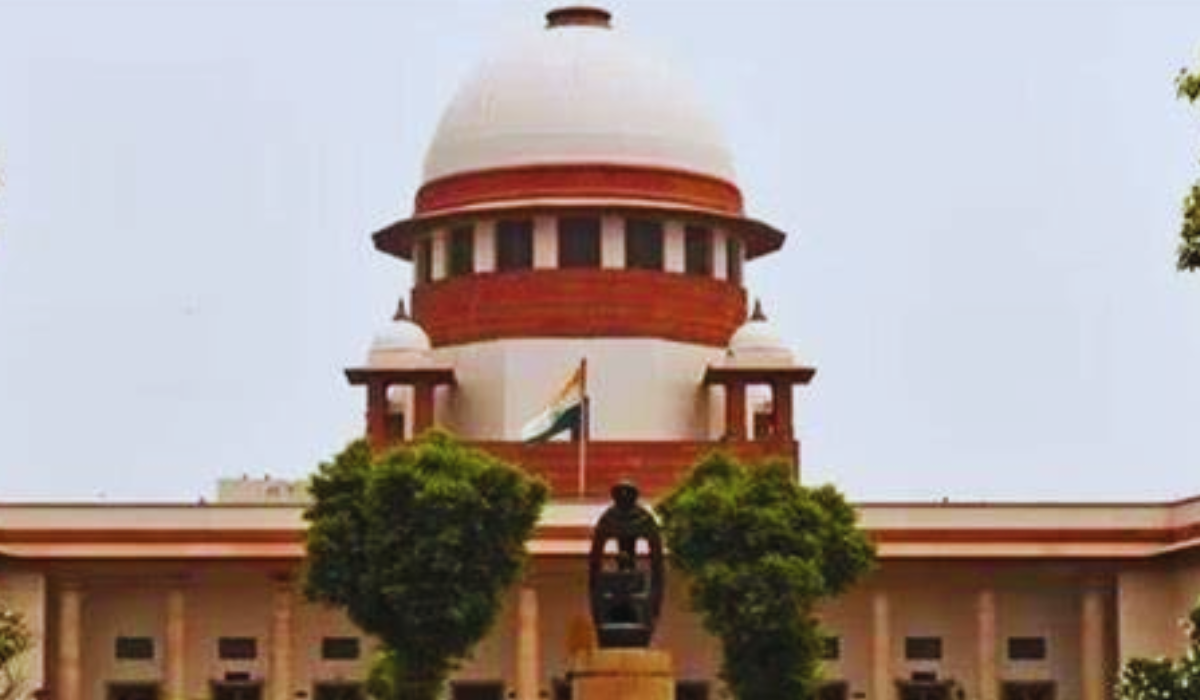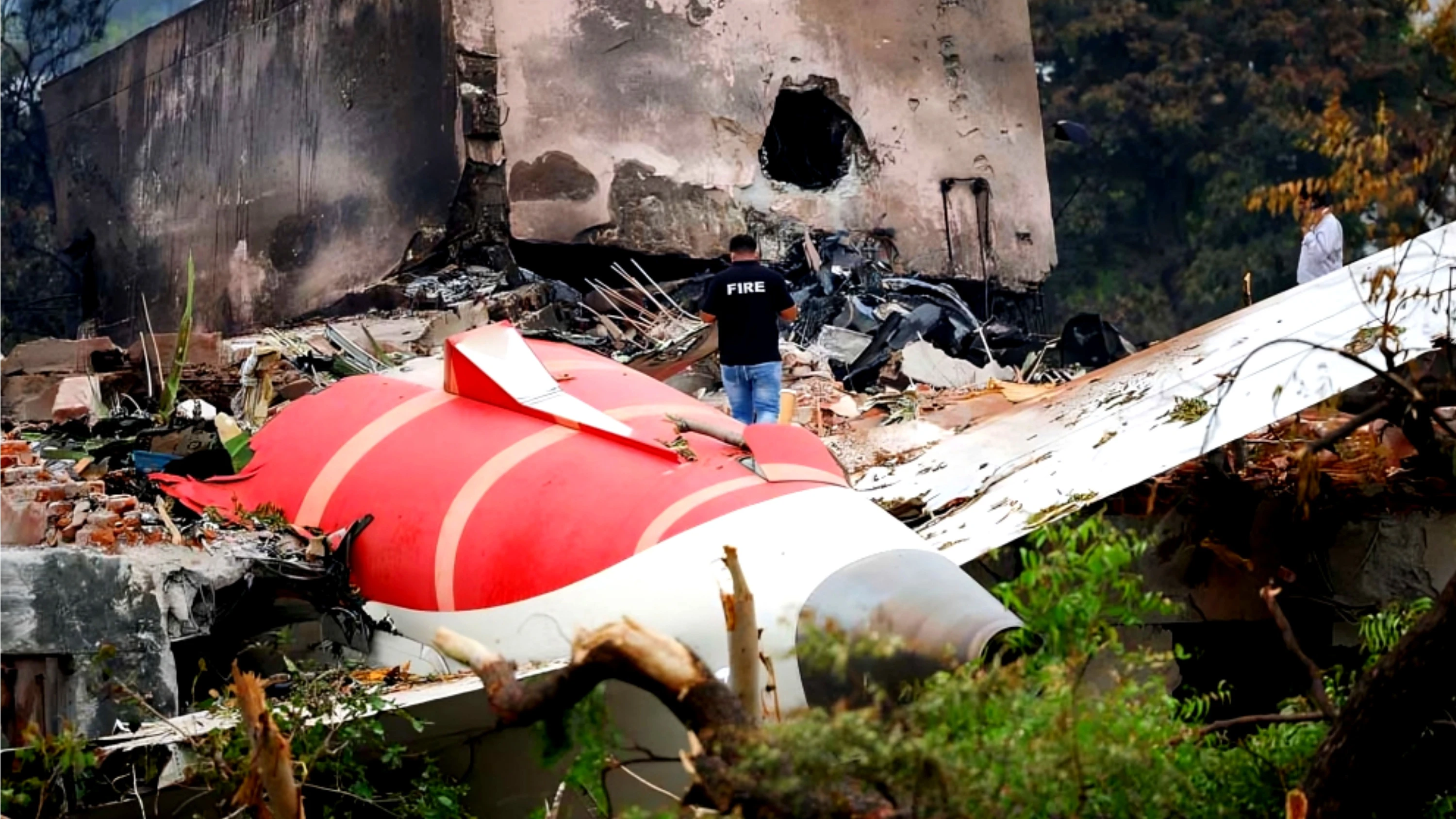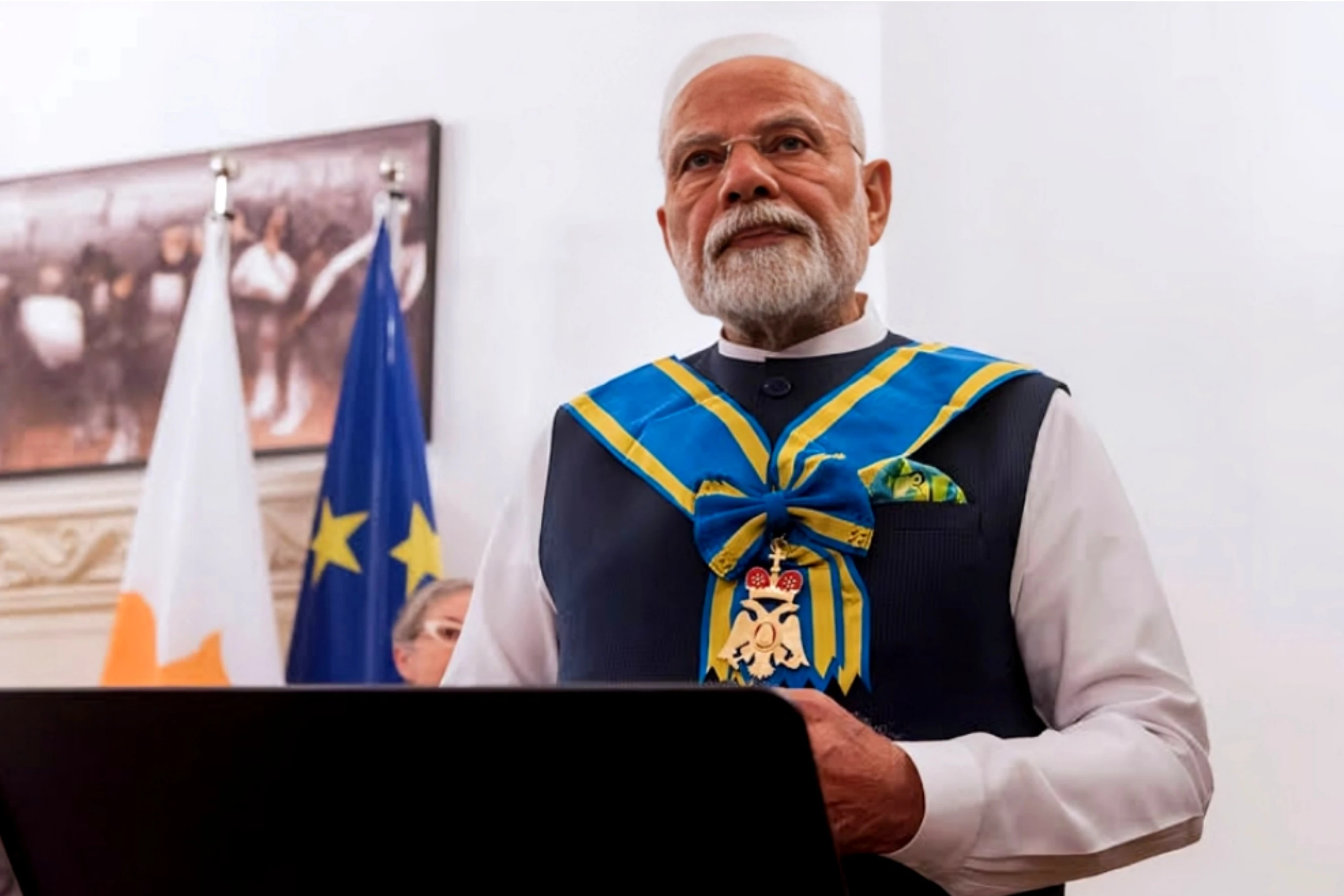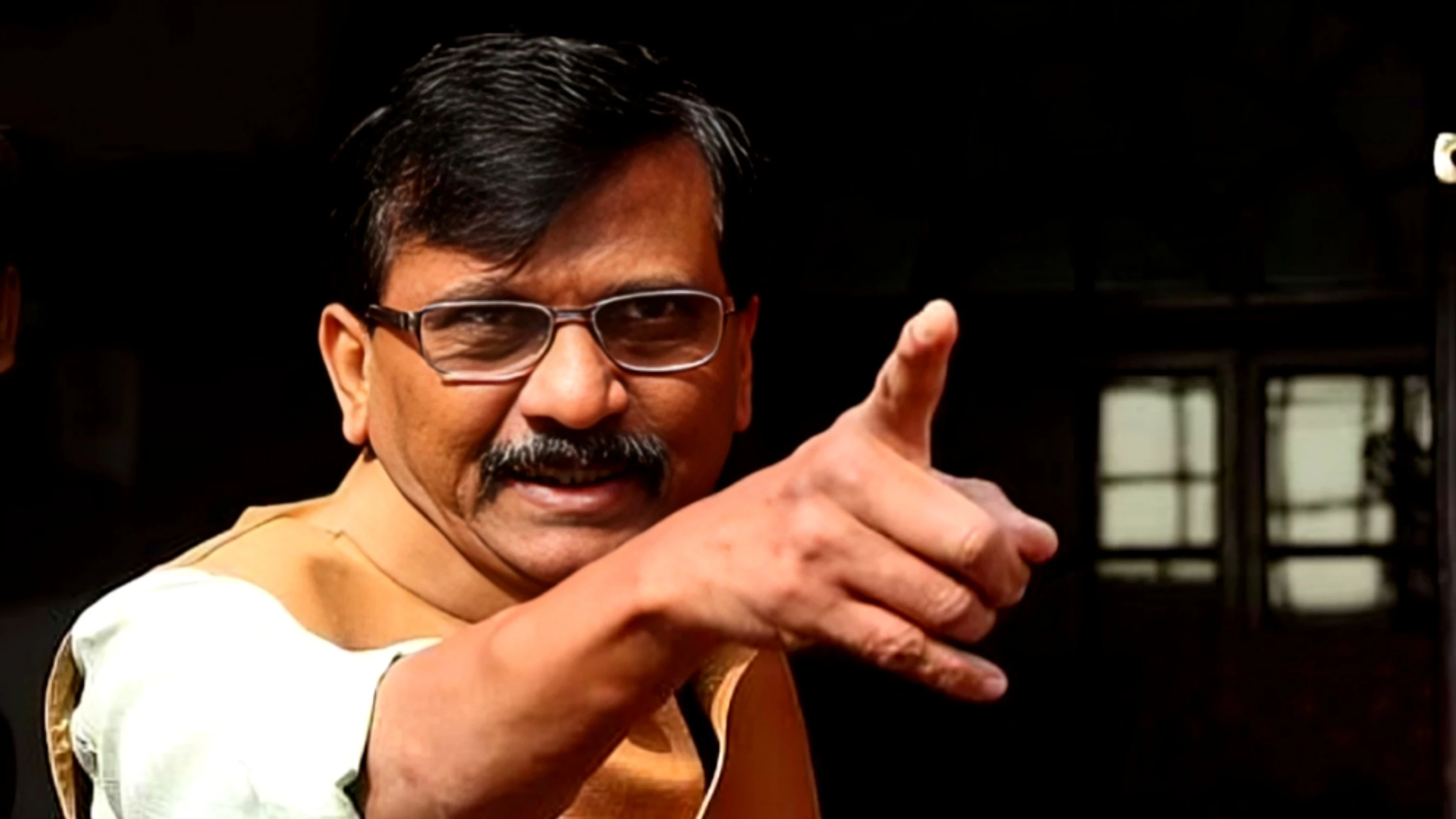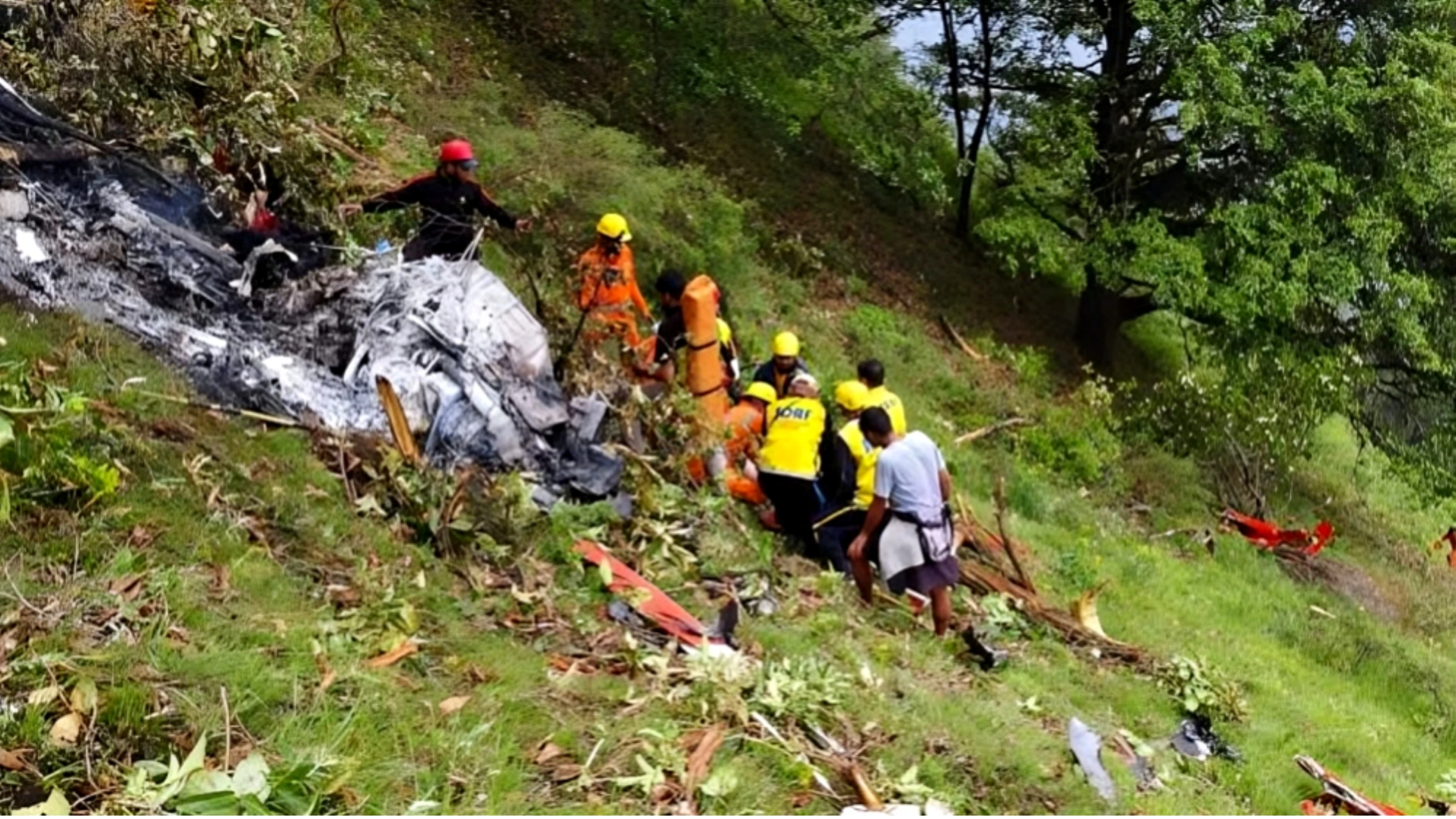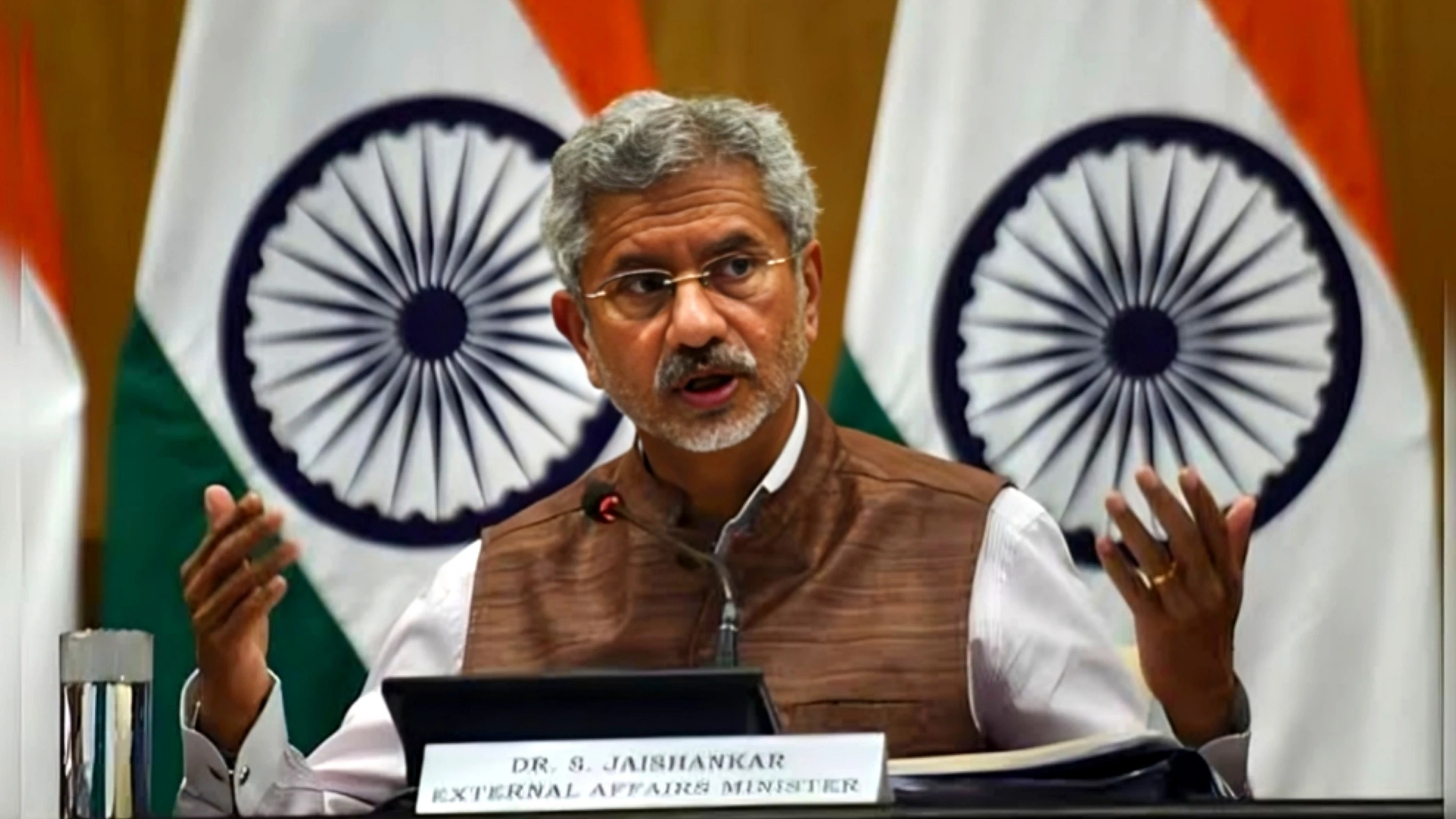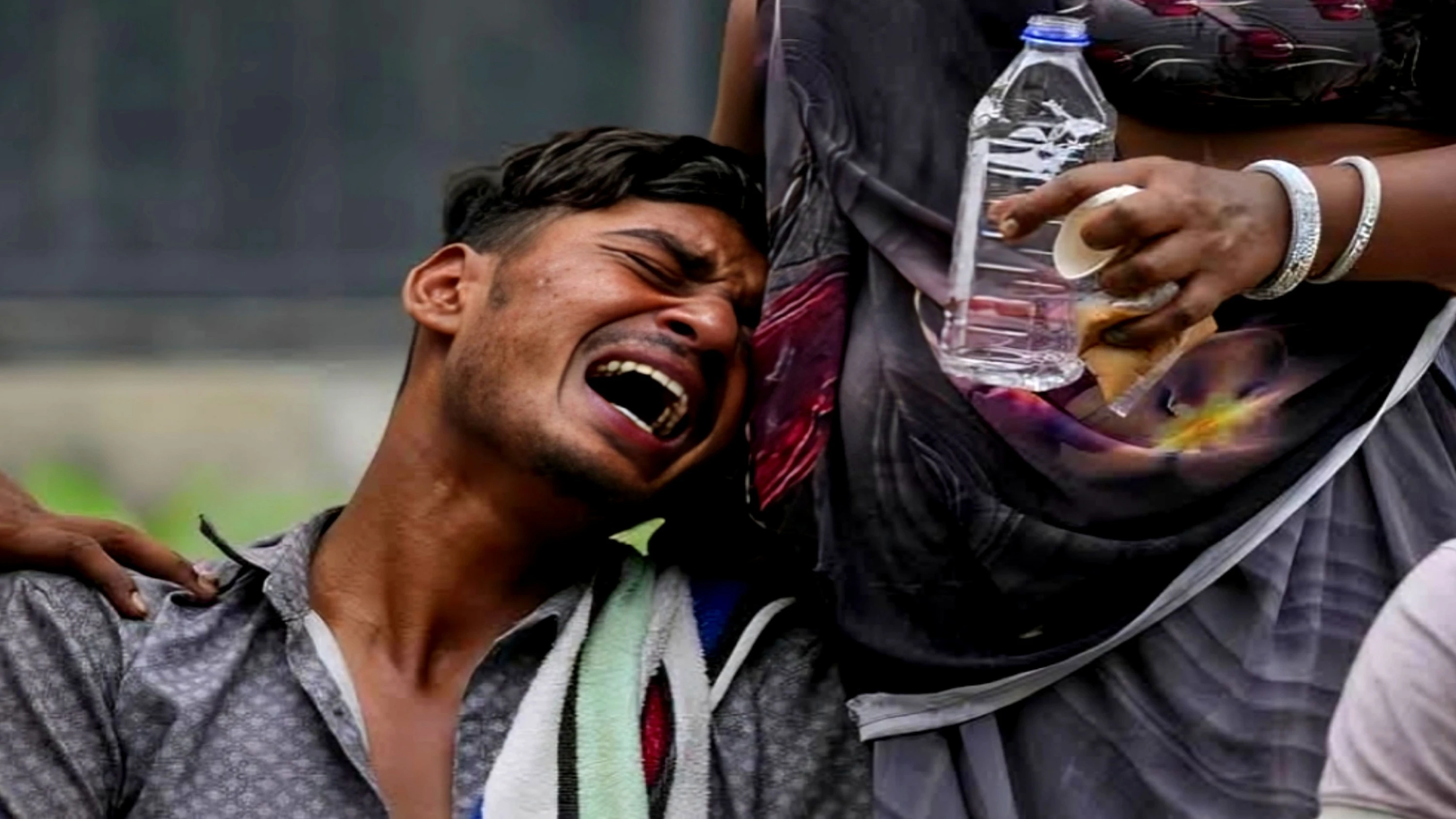Source Credit: NDTV
The Delhi High Court recently referred a petition filed by a former judge to the Supreme Court. The petition expressed concern over the widespread culture of political parties offering free gifts and argued that this could lead to corruption. The former judge argues that such a practice undermines the democratic process and financial stability of the country. The motion has attracted significant attention as it directly challenges the ethical and financial implications of providing free goods and services to voters.
The Delhi High Court's decision to transfer the case to the Supreme Court is crucial. The Supreme Court's ruling will have significant implications for future electoral practices in India. If the motion passes, it could set a precedent for how political parties can campaign and what promises they can make to voters. The issue of freebies has been a hot topic of recent political debate, with critics pointing out that such promises undermine the integrity of elections.
If the case makes it to the Supreme Court, it could trigger a broader legal and policy debate about the legality of freebies and their potential impact on voting behavior. The final verdict could change election strategies and policies, impacting the political landscape in India.


